Differences and similarities between words
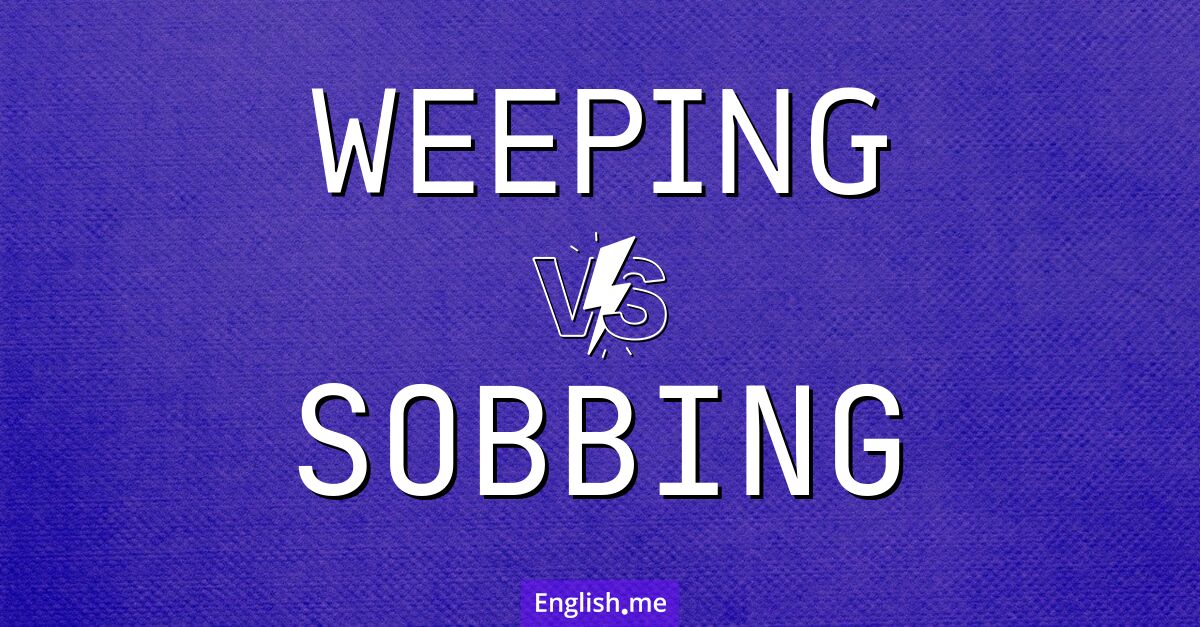
Tears and tremors: "weeping" vs. "sobbing"
Weeping is generally softer and can be more silent, while ... Learn more →
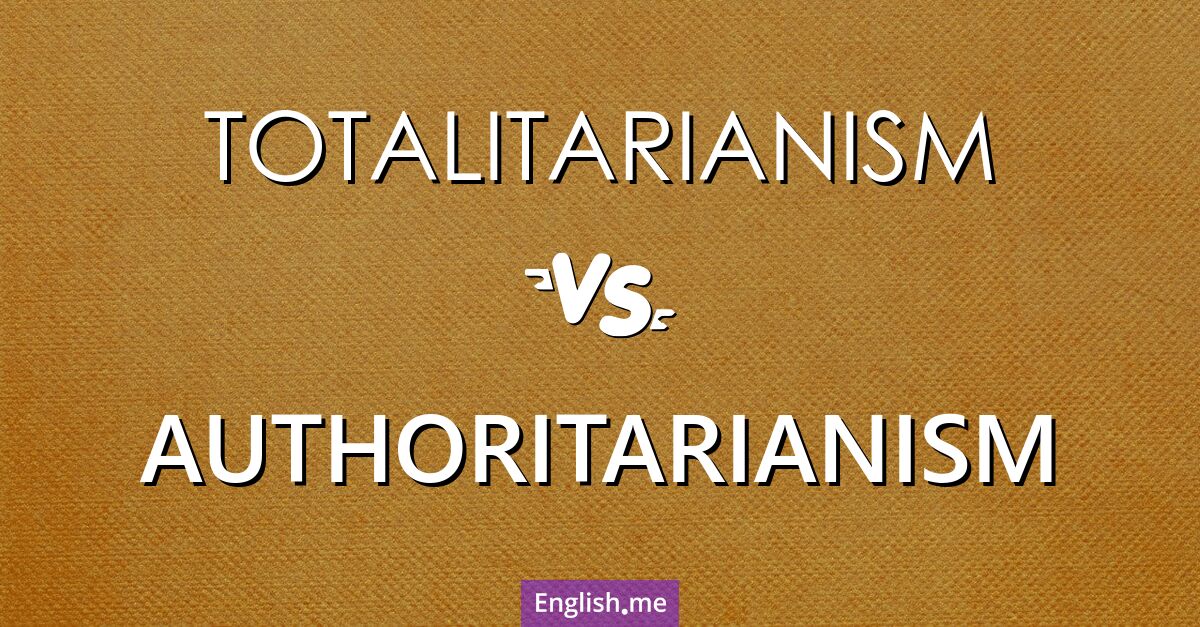
Comparing control: "totalitarianism" vs. "authoritarianism"
Totalitarianism is an extreme form of authoritarianism characterized by an ... Learn more →
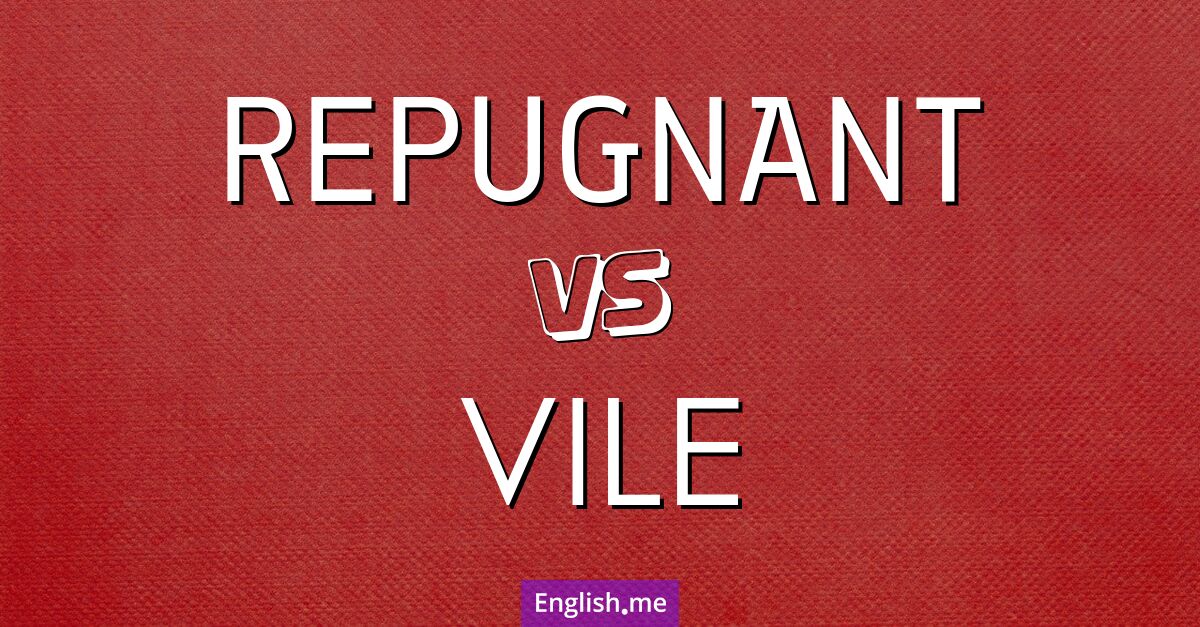
Comparing "repugnant" and "vile": shades of distaste
"Repugnant" often conveys a strong sense of moral or ethical ... Learn more →
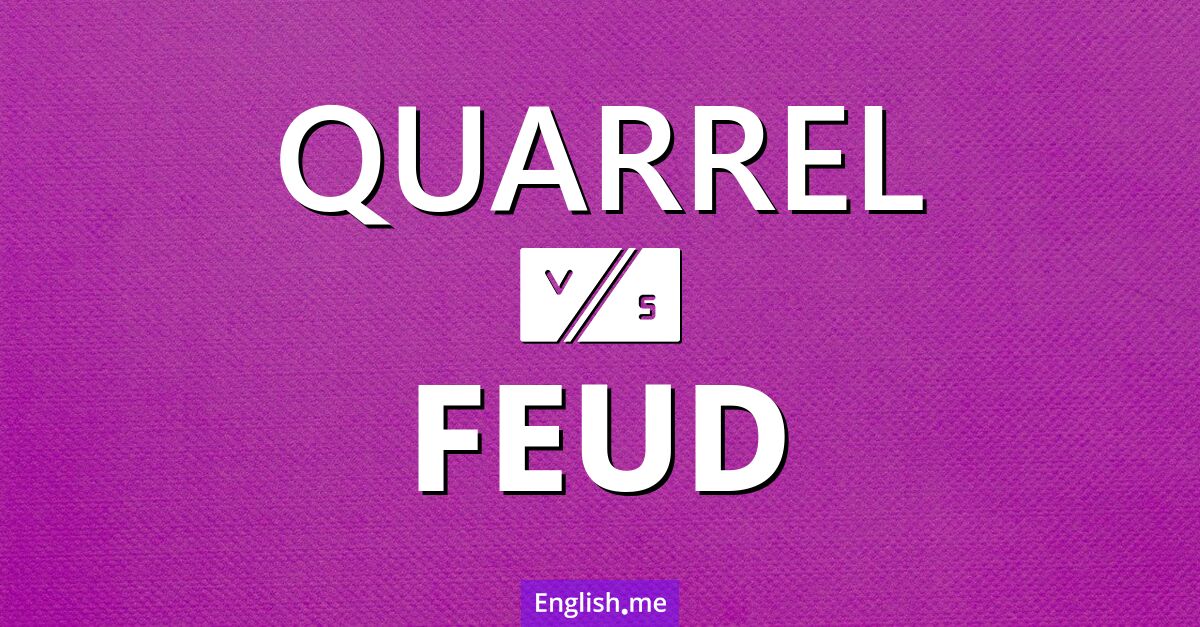
"Quarrel" vs. "feud": a clash of words
A "quarrel" is generally a more transient, less serious disagreement ... Learn more →
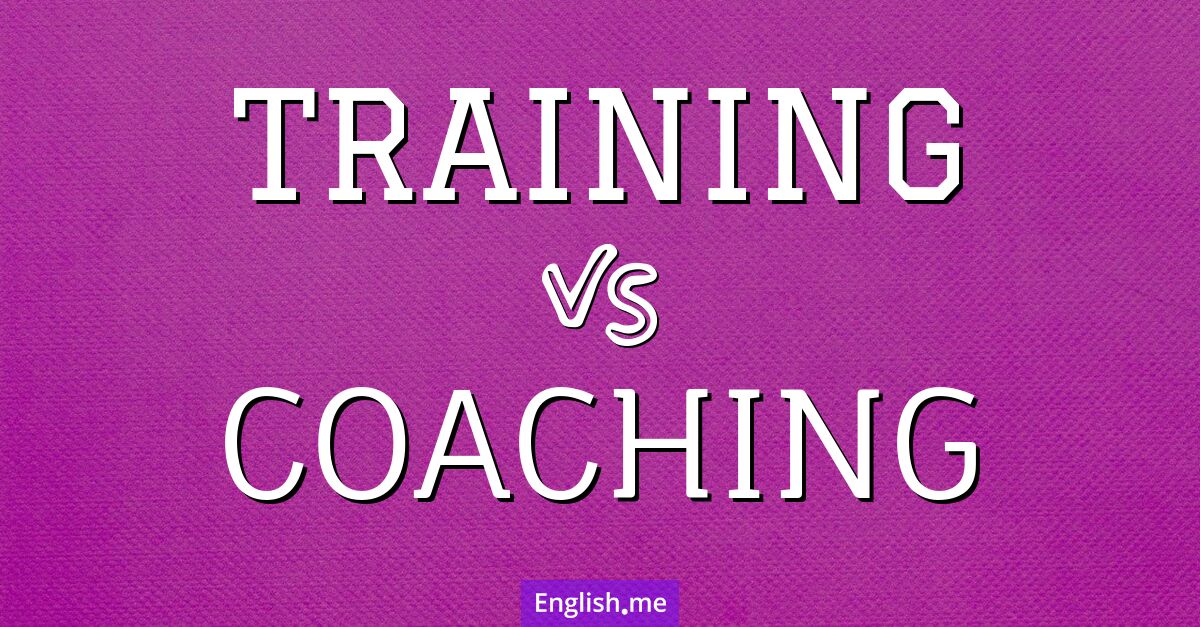
Guiding paths: exploring "training" vs. "coaching"
Training is typically more structured, focusing on specific skills or ... Learn more →

"Sprout" vs. "germinate": two paths to growth
"Germinate" specifically refers to the initial process when a seed ... Learn more →
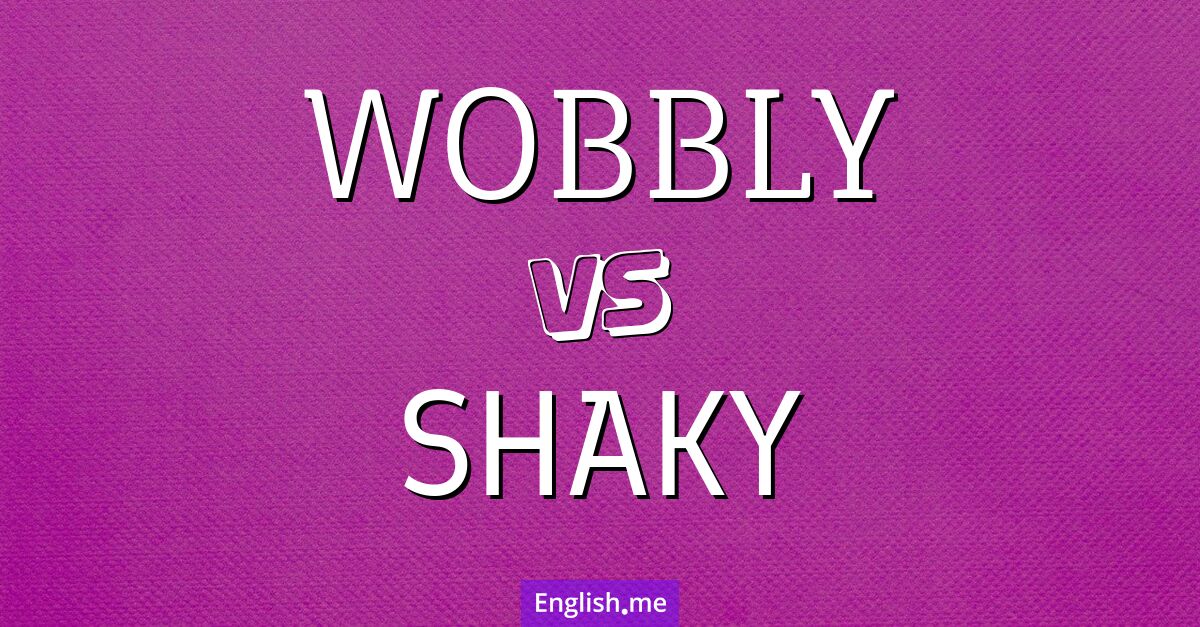
"Wobbly" vs. "shaky": finding firm ground in their meanings
"Wobbly" often suggests a side-to-side motion or instability, while "shaky" ... Learn more →
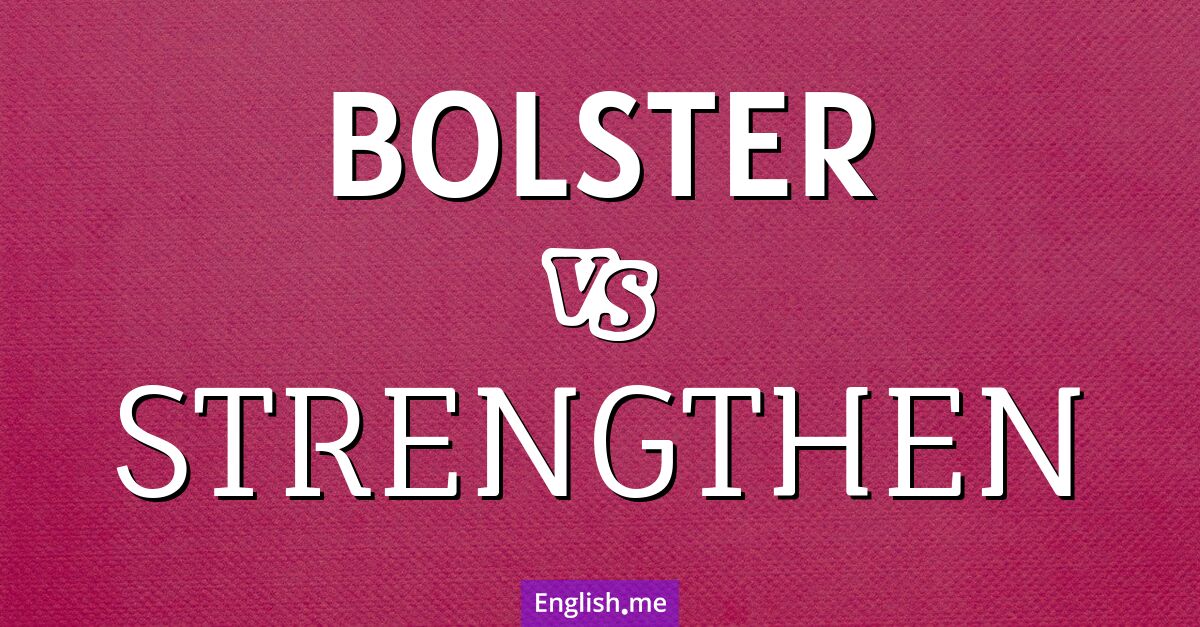
Comparing the power of "bolster" and "strengthen"
The word "bolster" typically implies providing additional support or reinforcement ... Learn more →
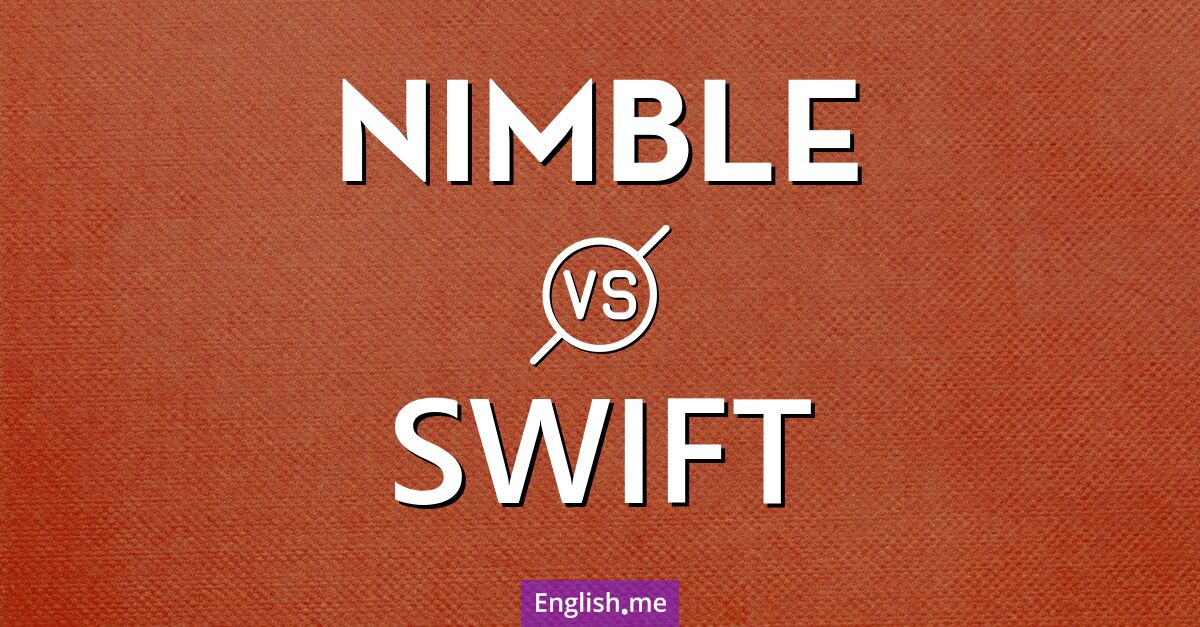
Quick on their feet: comparing "nimble" and "swift"
"Nimble" often emphasizes agility, flexibility, and quickness, frequently associated with ... Learn more →
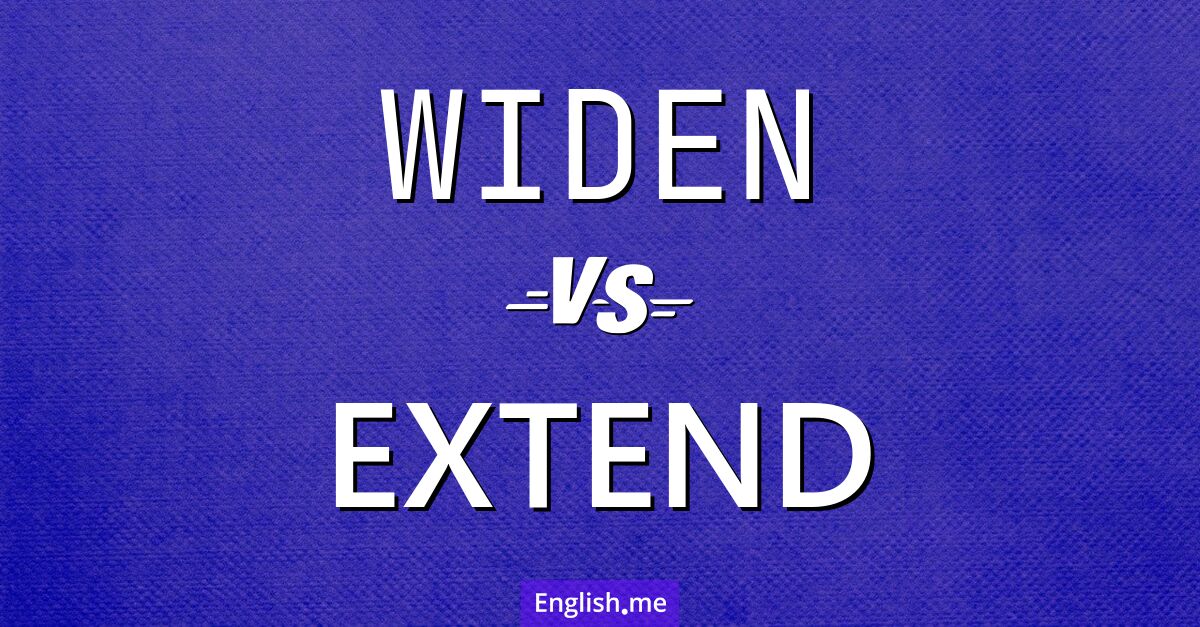
"Widen" vs. "extend": exploring their unique dimensions
"Widen" specifically refers to making something broader or wider, typically ... Learn more →

 English
English español
español française
française italiano
italiano deutsche
deutsche 日本語
日本語 polski
polski česky
česky svenska
svenska Türkçe
Türkçe Nederlands
Nederlands